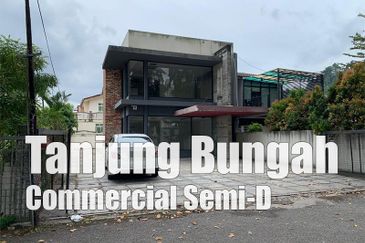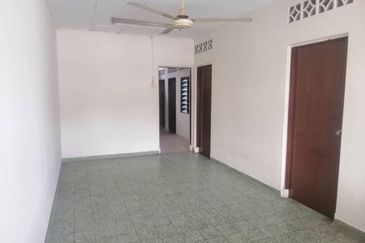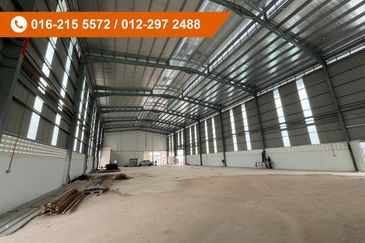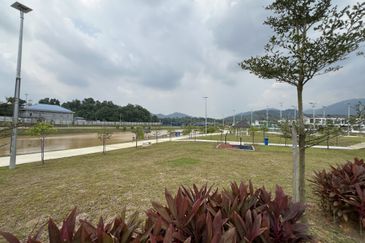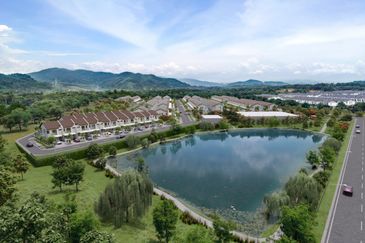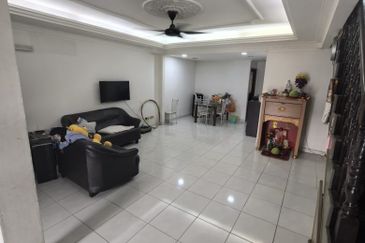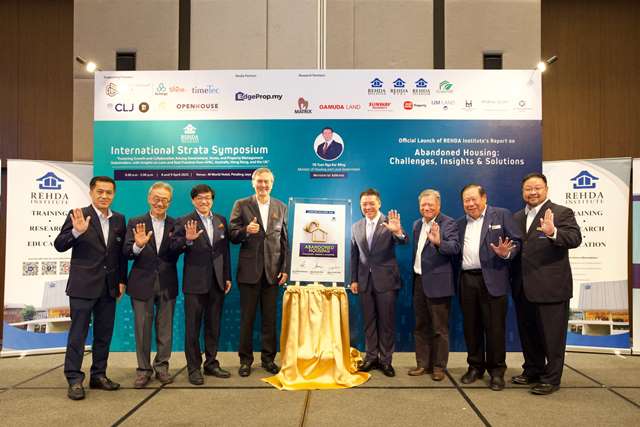
- "By establishing a new Act, specifically for property managers, we aim to improve the quality of property management services in Malaysia, ensuring that the maintenance fees paid are properly utilised for things such as lift maintenance, parks, and even waste collection or sewerage system repair works.”
PETALING JAYA (April 8): The government is planning to establish a new Property Management Act in the near future in light of the increasing number of strata developments in Malaysia.
This was announced by Housing and Local Government Minister Nga Kor Ming at the International Strata Symposium hosted by the Real Estate and Housing Developers' Association Malaysia (Rehda) Institute at M World Hotel, Petaling Jaya (formerly AVANTÉ Hotel) today.
Massive shortage of licensed property managers for millions of strata units
In his keynote speech, Nga indicated that there are only 594 licensed firms practising property management, serving 2.91 million strata units in the country.
“Each firm is responsible for managing approximately 5,000 strata units. This highlights a serious problem: there are insufficient licensed firms to properly serve all strata properties. The government has started to study a new comprehensive act that will focus solely on regulating property and building management.
“Currently, property management is regulated under Act 242. By establishing a new Act, specifically for property managers, we aim to improve the quality of property management services in Malaysia, ensuring that the maintenance fees paid are properly utilised for things such as lift maintenance, parks, and even waste collection or sewerage system repair works,” Nga elaborated.
Complaints rife on KL’s strata living
“Strata developments are a vital component of urban living, with approximately 925,000 properties in Kuala Lumpur. KL City Hall (DBKL) oversees these developments and receives an average of 7,000 to 8,000 complaints annually, underscoring the need for effective strata management,” Rehda Institute chairman Datuk Jeffrey Ng Tiong Lip said in his welcoming remarks.
“Some argue that properties under 30 years old should not be redeveloped [under the Urban Renewal Act (URA)] or that homeowners with unpaid mortgages could be negatively impacted. However, the real issue with these buildings is mainly poor property management, which has affected their values, and the owners ultimately bear the asset depreciation and high maintenance costs,” he stressed.
He stated that as our cities continue to evolve, upgrades to urban development policies become necessary. Strata laws play a crucial role in urban renewal, especially as many old buildings require restoration. Updating these laws is essential to address the challenges posed by outdated, unsafe, and dilapidated buildings that contribute to urban decay, strained infrastructure, and worsened land scarcity.
URA offers fair compensation, benefits nation
Ng also said that the URA offers fair and equitable compensation, allowing property owners and the country to benefit from urban redevelopment. Developers play a critical role in this process, adding value through comprehensive master planning, creative and sustainable development concepts, and infrastructure investments, all of which are important steps towards achieving a developed nation-state.
“Countries like Singapore, Hong Kong, and Australia have successfully used legal frameworks to encourage property owners' participation in urban renewal, bypassing the lengthy land acquisition process. These examples show that with the right legal frameworks, urban renewal laws are a high-impact protocol for socioeconomic advancement in the country,” he added.
Rehda Institute launched a report on abandoned housing
Rehda Institute also launched a research report on abandoned housing issues. The report titled “Abandoned Housing: Challenges, Insights and Solutions" is a comprehensive research report, developed in collaboration with the University of Malaya, and represents a significant milestone in understanding the root causes of project abandonment.
Ng pointed out that, beyond strata governance, Malaysia must also confront a long-standing issue: abandoned housing projects in Malaysia. As of the end of 2024, over 111,000 abandoned or sick housing units have been recorded across 726 projects, leaving thousands of homebuyers in financial and emotional distress.
He stated that, while licensed developers maintain a strong track record, many abandoned projects arise from unlicensed or financially unstable developers, creating immense challenges for homebuyers and damaging the industry’s reputation.
“This research report is not just a retrospective analysis; it offers forward-thinking solutions, including enhanced regulatory frameworks, stricter financial oversight and improved enforcement mechanisms. It serves as a roadmap for policymakers, developers and industry players, guiding the way toward a more resilient and responsible housing sector,” Ng said.
The International Strata Symposium 2025 is an event to discuss and share insights on strata governance, best practices, and the latest regulatory developments. It aims to support the Housing and Local Government Ministry in reforming and amending the Strata Management Act to enhance Malaysia’s strata laws. EdgeProp.my is the media partner for this event.
Want to have a more personalised and easier house hunting experience? Get the EdgeProp Malaysia App now.
TOP PICKS BY EDGEPROP

Tropicana Golf & Country Resort
Tropicana, Selangor

The Plaza Condominium
Taman Tun Dr Ismail, Kuala Lumpur
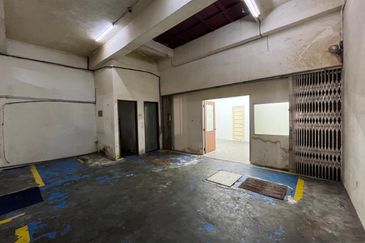
Kawasan Perusahaan Sesama
Batu Caves, Selangor
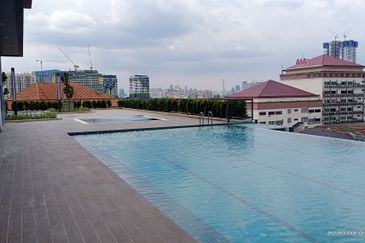
The Sky Residence @ Shamelin
Cheras, Kuala Lumpur



